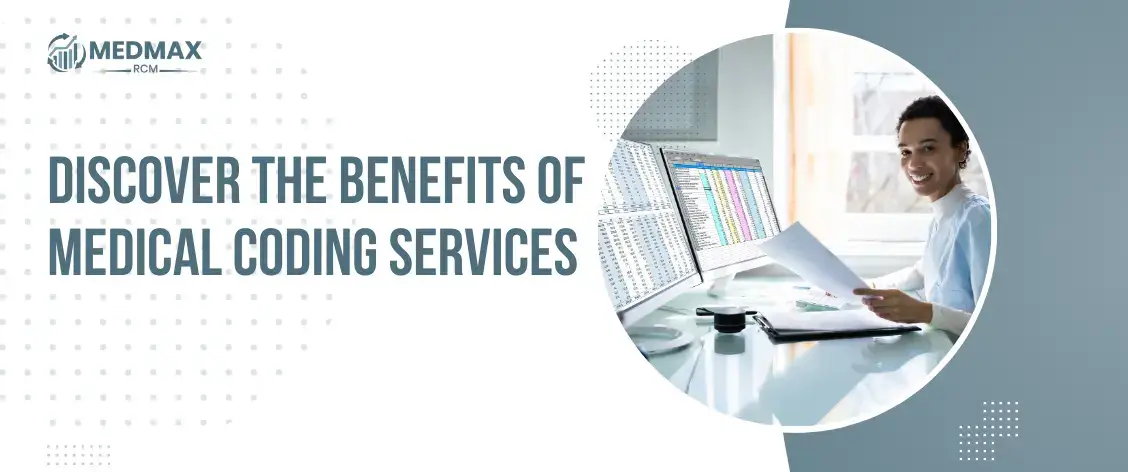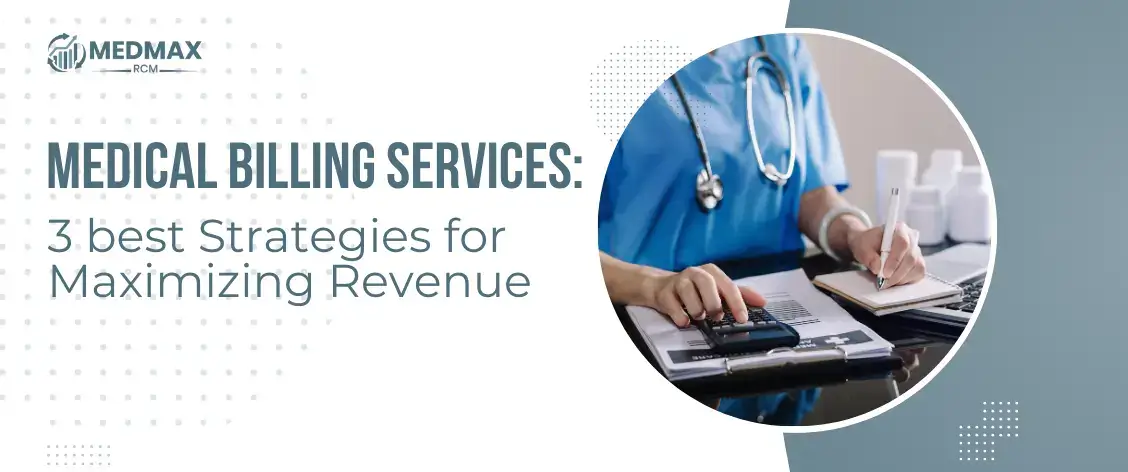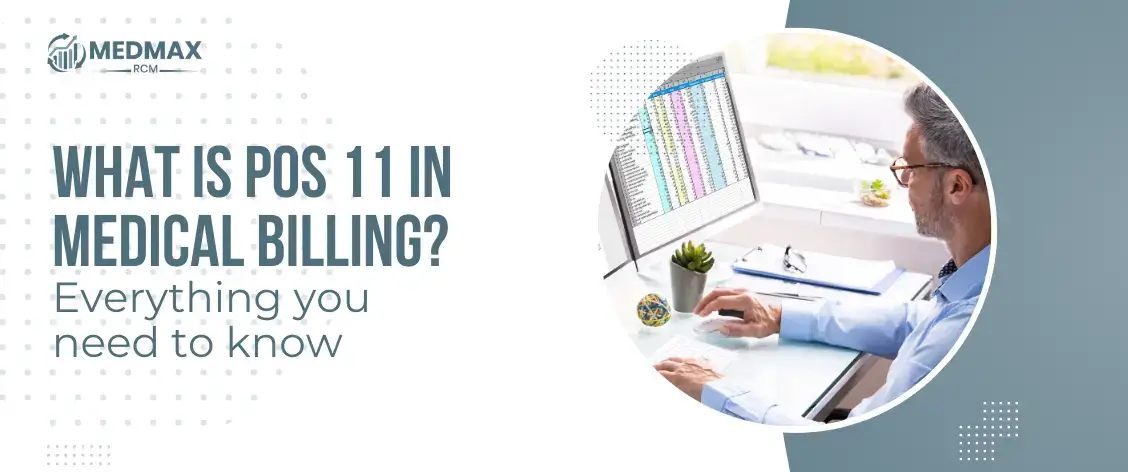
Discover the Benefits of Medical Coding Services
Medical coding is the process of translating medical diagnoses, procedures, and treatments into universal alphanumeric codes. This system of coding helps healthcare providers accurately document patient care and submit insurance claims for reimbursement. Medical coding services are a critical component of the healthcare industry, providing accuracy and compliance in the medical billing process.
When you visit a healthcare professional, medical coding is performed in the background. Your complaint and medical history are reviewed by the healthcare professional, who then provides an expert opinion of what is wrong with you and how to treat you, as well as documentation of your visit. This documentation is not only the continuing record of the patient but also the means through which the healthcare professional is compensated.
The records are then translated by medical codes into standardized codes that convey the following information to payers:
- Codes for patient’s diagnosis.
- The patient’s treatments, services, or supplies were absolutely necessary from a medical standpoint.
- The patient is given various treatments, services, and materials.
- Any extraordinary circumstances or preexisting medical conditions that could have an impact on the treatments and services in question.
To be successful in medical coding, one must have the ability to understand anatomy and physiology, as well as the specifics of the services, as well as the rules and regulations of the payers. This is analogous to how a musician interprets the written music and uses their instrument to produce what is intended.
Table of Contents
ToggleWhy Medical Coding Services are Necessary?
The recording of what was learned, decided, and carried out is the foundation of the income stream in the healthcare industry.
Medical coding services are important for documentation of a patient’s diagnosis, test findings, and treatment is required not only for the purpose of receiving compensation but also for ensuring the continued provision of high-quality care during subsequent visits. Personal health information about a patient stays with them through successive complaints and treatments, and it is essential that this information be clearly comprehended. This is of utmost significance when taking into account the hundreds of millions of patient visits, surgical operations, and overnight stays in hospitals that occur yearly in the United States.
The fact that there are hundreds of different ailments, diseases, injuries, and causes of mortality presents a dilemma, though. In addition, there are thousands of services carried out by providers, as well as an equivalent number of injectable pharmaceuticals and supplies that need to be monitored. These are categorized using medical coding to facilitate easy reporting and monitoring. In addition, there are several definitions, acronyms, names, and eponyms assigned to each illness, process, and instrument in the field of healthcare. The language and presentation of all of these aspects are standardized via the process of medical coding, making it possible for them to be understood, monitored, and adjusted with greater ease.
Because of the Health Insurance Portability and Accountability Act (HIPAA), hospitals, healthcare providers, and insurance companies are all required to use standard language that facilitates clear and consistent communication. The majority of personal health information is now stored digitally, and its confidentiality is dependent on the codes that are issued.
Key Components of Medical Coding Services
There are three primary coding systems used in medical coding services:
- International Classification of Diseases, Tenth Revision (ICD-10): This is a standardized system used to document diagnoses, symptoms, and causes of injury and illness.
- Current Procedural Terminology (CPT): This system is used to document medical services and procedures provided by healthcare providers.
- Healthcare Common Procedure Coding System (HCPCS): This system is used to document medical services, procedures, and supplies not covered by CPT codes, including ambulance services, prosthetics, and durable medical equipment.
In addition to these coding systems, medical coding services also involve revenue cycle management. This includes managing the revenue cycle, from patient registration and scheduling to claims submission and payment reconciliation.
Benefits of Medical Coding Services
Medical coding services offer numerous benefits to healthcare providers, including:
Improved accuracy and compliance
Accurate and compliant medical coding is critical to ensuring proper reimbursement from insurance providers. Medical coding services ensure that coding is done correctly, reducing the risk of errors, rejections, and denials.
Increased revenue
Medical coding services can help healthcare providers maximize revenue by ensuring that all services are accurately and completely documented and billed.
Streamlined workflows
Medical coding services can streamline the coding and billing process, allowing healthcare providers to focus on providing high-quality patient care.
Enhanced patient care
Accurate medical coding helps ensure that patient care is properly documented, allowing for better continuity of care and improved patient outcomes.
Outsourcing vs. In-House Medical Coding Services
Healthcare providers have two primary options when it comes to medical coding services: outsourcing or in-house services.
Outsourcing medical coding services has several benefits, including:
- Reduced administrative burden
- Access to expertise and technology
- Improved accuracy and compliance
- Scalability
However, outsourcing medical coding services may also have some drawbacks, including:
- Limited control over coding processes
- Potential communication and data security issues
- Dependence on a third-party vendor
However, in-house medical coding services may also be more resource-intensive, requiring more staff and technology investments.
Choosing a Medical Coding Services Provider
When choosing a medical coding services provider, healthcare providers should consider several factors, including:
Experience and expertise: Look for a provider with a proven track record of success and expertise in your specialty area.
Technology and tools
Ensure that the provider uses state-of-the-art technology and tools to ensure accuracy and efficiency in the coding process.
Compliance and security
Look for a provider that is fully compliant with all relevant regulations and has robust data security protocols in place.
Communication and collaboration
Choose a provider that prioritizes communication and collaboration, with open lines of communication and regular reporting.
Cost
Finally, consider the cost of the provider’s services and compare them to other options to ensure you are getting the best value.
Conclusion and Future Outlook
Medical coding services are a vital component of the healthcare industry, ensuring accurate and compliant billing and reimbursement for healthcare providers. Healthcare providers must carefully evaluate their options when it comes to outsourcing or in-house medical coding services, considering factors such as expertise, technology, compliance, and cost. As the healthcare industry continues to evolve, medical coding services will

Related Posts
Emily Thompson
Emily Thompson is a Revenue Cycle Management (RCM) Specialist with extensive experience in the medical billing industry. She helps healthcare organizations and medical billing companies improve claim efficiency, reduce A/R backlogs, and implement data-driven RCM strategies. Emily’s articles focus on end-to-end medical billing services, denial prevention, and technology-driven revenue optimization for healthcare practices across the U.S.






